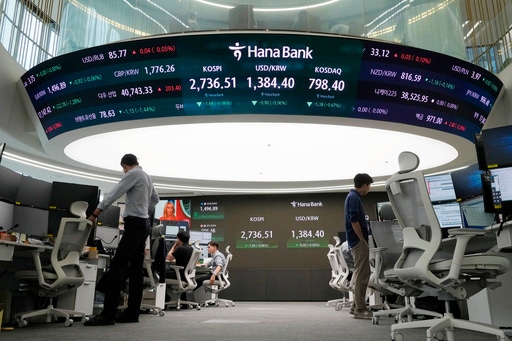
Sinwar's assassination has prompted a response from various regional actors, intensifying the already volatile situation. The conflict between Israel and Hamas has seen a marked increase in hostilities, with both sides engaging in retaliatory strikes. This escalation has stoked fears of further disruptions in oil supply from the region, a crucial global energy source.
Market analysts have noted a sharp increase in crude oil prices as investors react to the heightened geopolitical instability. Brent crude, the global benchmark, saw a notable rise, reflecting concerns about potential disruptions in oil transportation routes. The Strait of Hormuz, a critical chokepoint for global oil shipments, remains under scrutiny as tensions mount.
The assassination has also led to increased diplomatic efforts by major global powers to de-escalate the situation. The United Nations and other international bodies have called for restraint and dialogue to prevent further escalation. However, the immediate impact on the oil market highlights the sensitivity of energy prices to geopolitical events.
Oil-producing countries are closely monitoring the situation, with several expressing concerns over the potential impact on their own economies. Nations dependent on oil exports are particularly vulnerable to price swings driven by geopolitical instability. The Organization of the Petroleum Exporting Countries (OPEC) has indicated that it will take necessary steps to stabilize the market, but the ongoing uncertainty makes forecasting challenging.
In addition to the immediate market reaction, there are broader implications for global energy policy. The increase in oil prices could influence energy consumption patterns and accelerate the shift towards alternative energy sources. Governments and businesses alike may seek to reduce their dependence on fossil fuels as a hedge against geopolitical risks.
The situation remains fluid, with ongoing developments likely to influence oil market dynamics further. As the international community watches closely, the focus will be on how regional actors respond and whether diplomatic efforts can mitigate the risk of prolonged conflict. The oil market's reaction underscores the intricate link between geopolitical events and energy prices, highlighting the importance of stability in key global regions.
Topics
Spotlight
